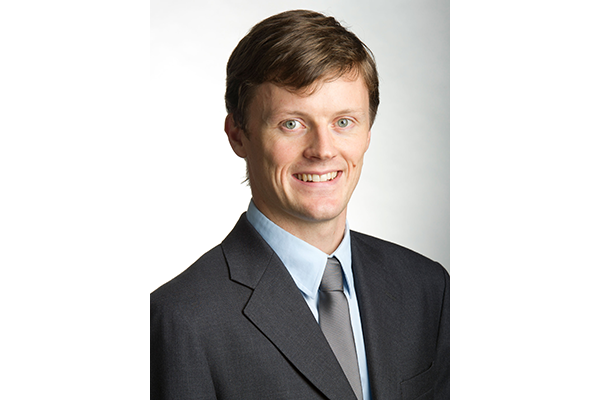West to Work on Collaborative NSF Grant to Further Develop Cantera Open-Source Modeling Software

ChE Associate Professor Richard West is part of a $2.5M NSF collaborative effort to further develop and support the successful and popular open-source modeling software Cantera, a suite of tools for problems involving chemical kinetics, thermodynamics, and transport processes. The project, titled “Frameworks: Collaborative Research: Extensible and Community-Driven Thermodynamics, Transport, and Chemical Kinetics Modeling with Cantera: Expanding to Diverse Scientific Domains“, will develop the Cantera software platform in service of three objectives: (i) extend Cantera’s scientific capabilities to support the development of transformative technologies; (ii) expand Cantera’s user base in fields including electrochemistry, heterogeneous catalysis, and atmospheric chemistry; and (iii) broaden participation in the software’s development and management to improve Cantera’s sustainability and usability. The project is in collaboration with the Colorado School of Mines, MIT, Brown University, Oregon State University, and University of Connecticut.
Abstract Source: NSF
Modeling and simulation play key enabling roles in aiding and accelerating discovery connecting to energy and chemical research. In applications such as energy storage and conversion, atmospheric chemistry, and catalytic chemical processing, modeling and simulation software helps facilitate technological advances. However, in recent years the available software has not kept pace with the increasing chemical complexity and interdisciplinarity of advanced technology solutions. This project addresses this gap by developing and promoting new state-of-the-art modeling capabilities for diverse scientific fields in the existing Cantera software platform. Cantera is an extensible, open-source framework that enables researchers to study basic science and support new technology development and enables teachers to demonstrate concepts and applications in their classrooms. This project extends Cantera to provide new cross-disciplinary research capabilities and provides a foundation for further community-driven improvements to the Cantera framework. Simultaneous development of the open-source platform and outreach to new user communities will facilitate both fundamental scientific insight and practical technology design and analysis, train the next generation of researchers in both software-development best practices and scientific knowledge, and generate reusable and open educational materials. In addition to work on the framework development, the project includes training of graduate students as well as education, outreach and scientific community engagement activities.
This work will develop the Cantera software platform in service of three objectives: (i) extend Cantera?s scientific capabilities to support the development of transformative technologies; (ii) expand Cantera?s user base in fields including electrochemistry, heterogeneous catalysis, and atmospheric chemistry; and (iii) broaden participation in the software?s development and management to improve Cantera?s sustainability and usability. These will be achieved by developing new scientific modeling capabilities, conducting outreach to new user communities, and improving Cantera?s architecture and software development practices. The new scientific modeling capabilities will focus on four content areas: thermodynamics, chemical kinetics, transport, and multi-phase capabilities. Outreach activities, including publications and presentations, conference workshops, and domain-specific software toolkits with examples to demonstrate Cantera operation and functionality, will engage new and existing communities. The project will establish a scientific advisory board, consisting of experts from diverse fields and backgrounds who will help guide software development and outreach. Finally, the architectural and software engineering changes in this work will improve extensibility and interoperability and implement advanced numerical algorithms to enable the application of Cantera to new types of problems. These changes will also make it easier for users to contribute to Cantera, ensure software correctness, and provide new ways of accessing Cantera?s functionality. The resulting software framework will aid in scientific discovery and development of key enabling technologies with broad societal impacts. These impacts include next-generation batteries and fuel cells for clean energy storage and conversion, catalytic and membrane reactors for electrolysis, novel fuel generation, chemical processing, environmentally conscious combustion applications, and understanding and addressing anthropogenic challenges in atmospheric chemistry.